The prolonged disruptions caused by the pandemic has not only impacted the lives of the older and working generations but are also causing significant distress to our young ones.
With schools and public spaces closed, children are urged to stay at home away from friends and loved ones limiting their social interactions that often help them build their social skills as well as emotional and behavioural development.
This has resulted in a rise in mental health cases involving children and teenagers with 25% out of the 266 suicides and deaths cases reported between 18 March to 30 October last year, were committed by teenagers aged between 15 and 18.
Meanwhile, the 2019 National Health and Morbidity Survey findings revealed that 424,000 children in Malaysia had mental health problems.
Recognising the need to bring forward the importance of mental wellbeing, Taylor’s Christmas short film advocates the imperative need to support the topic of mental health amongst children in the perspective and experiences of the children themselves.
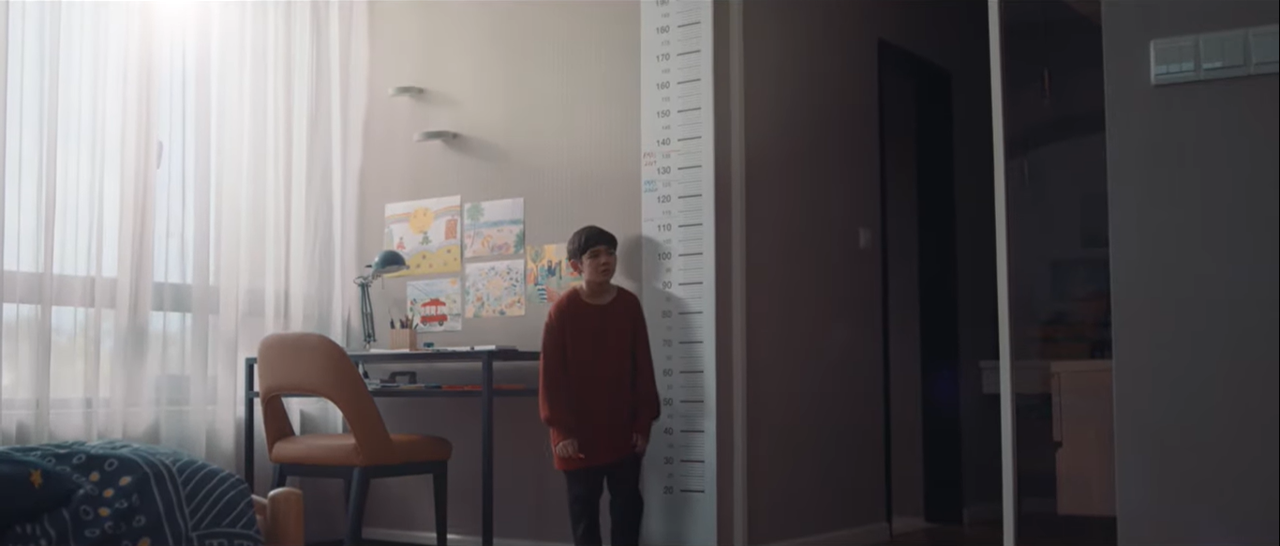
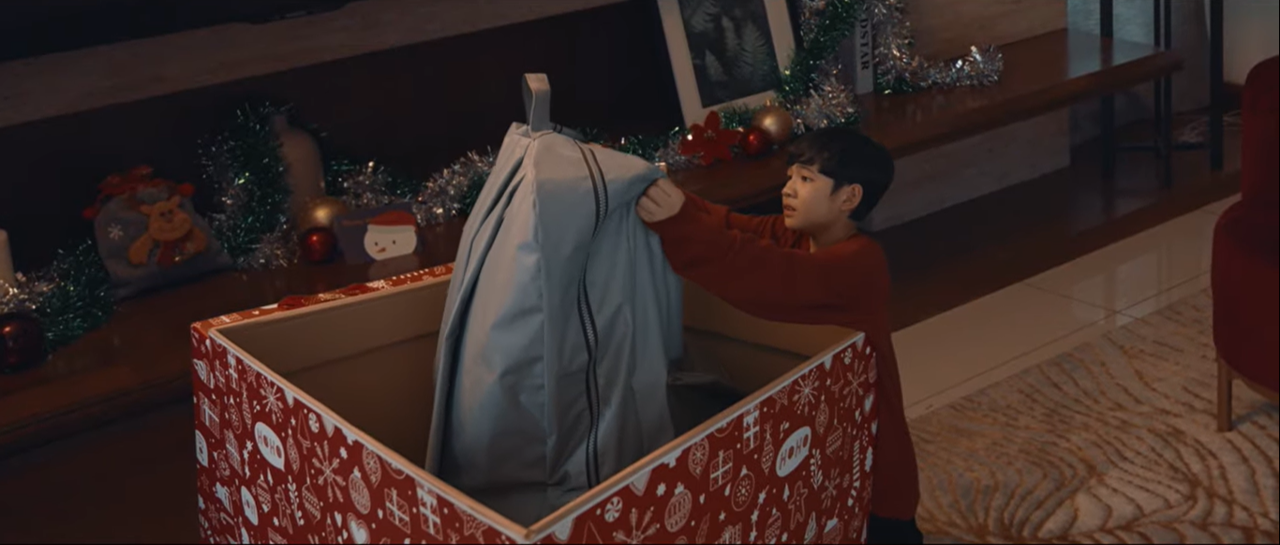

“As an education provider, our role is not only to educate our students but to also educate society on advocating positive changes centered in their own values. Our children are our legacy to a thriving and prosperous future, and we believe that when provided with a safe and nurturing environment, they will be able to grow up as passionate and empathetic leaders who will one day achieve greater things than what we could ever imagine during our time,” said Ben Foo, Taylor’s University Group Chief Marketing Officer.
According to Foo, the ad hopes to invoke a sense of awakening for parents to unconditionally support children with their mental wellbeing.
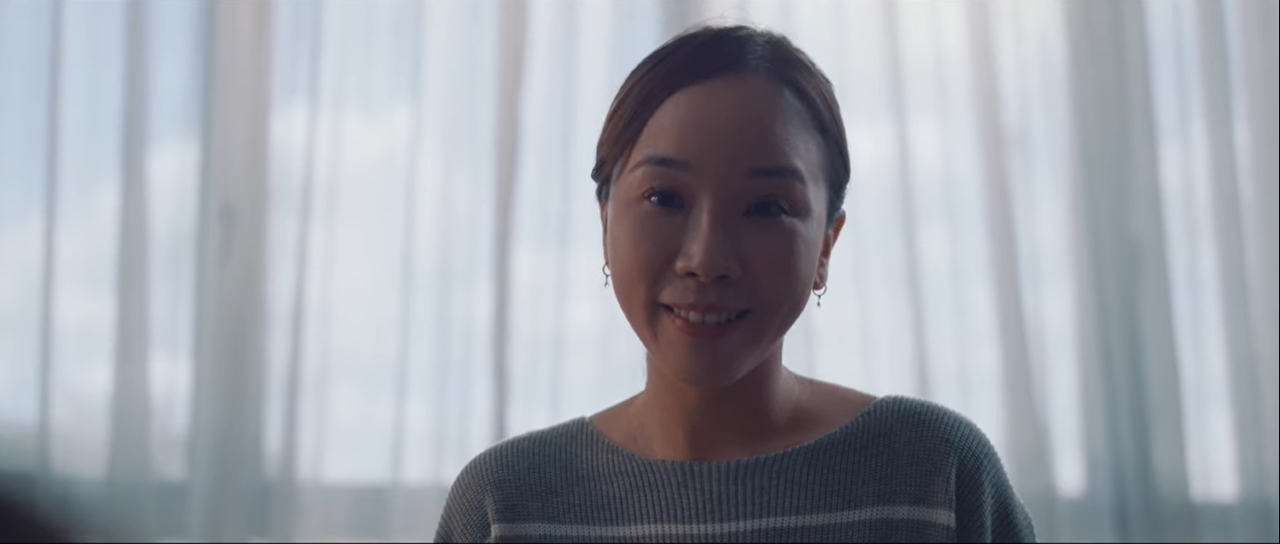
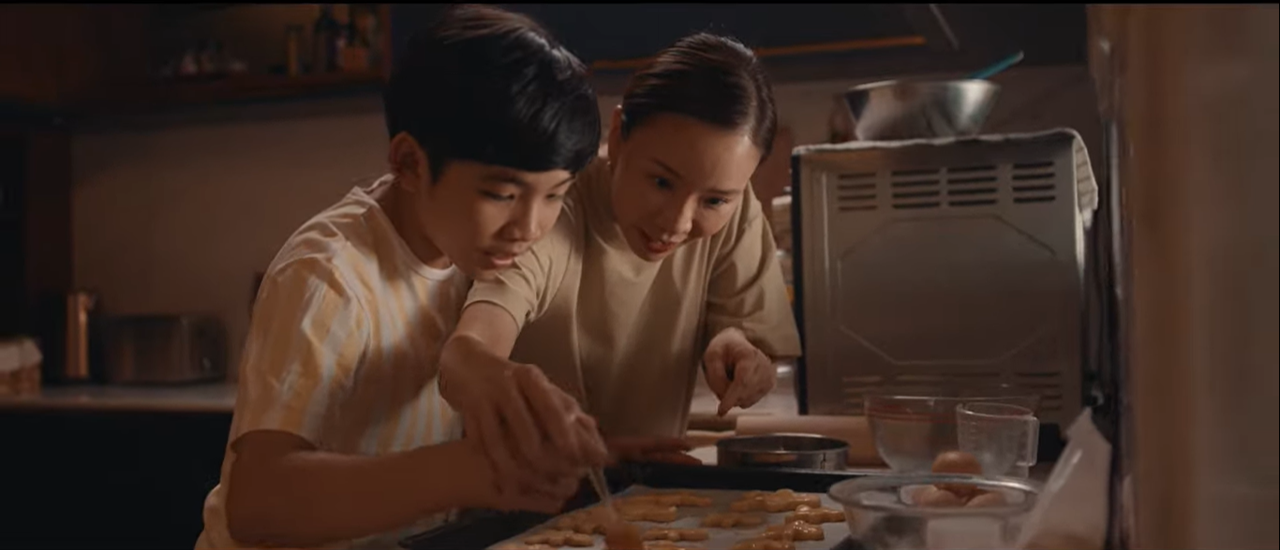
Styled in a quirky yet visually interesting storyline, Taylor’s Christmas ad revolves around 11-year-old Tim as he wakes up on Christmas day. Instead of the joyful glee often displayed by children when festive seasons arrive, Tim’s expression connotes displeasure and apathy as he gets ready for Christmas celebrations with his family.
As the scenes pan out, Tim realises that he has been shrinking instead of growing taller. “The imaginative use of visual exaggeration is served as a metaphor to portray Tim’s emotions. People often feel insignificant and dejected when they are faced with hard situations. Similarly for Tim, he explained that the past year has him feeling small and useless as he was unable to go out or do anything. His small physique against the backdrop of the story tells us that he isn’t feeling his best”, explained Foo.
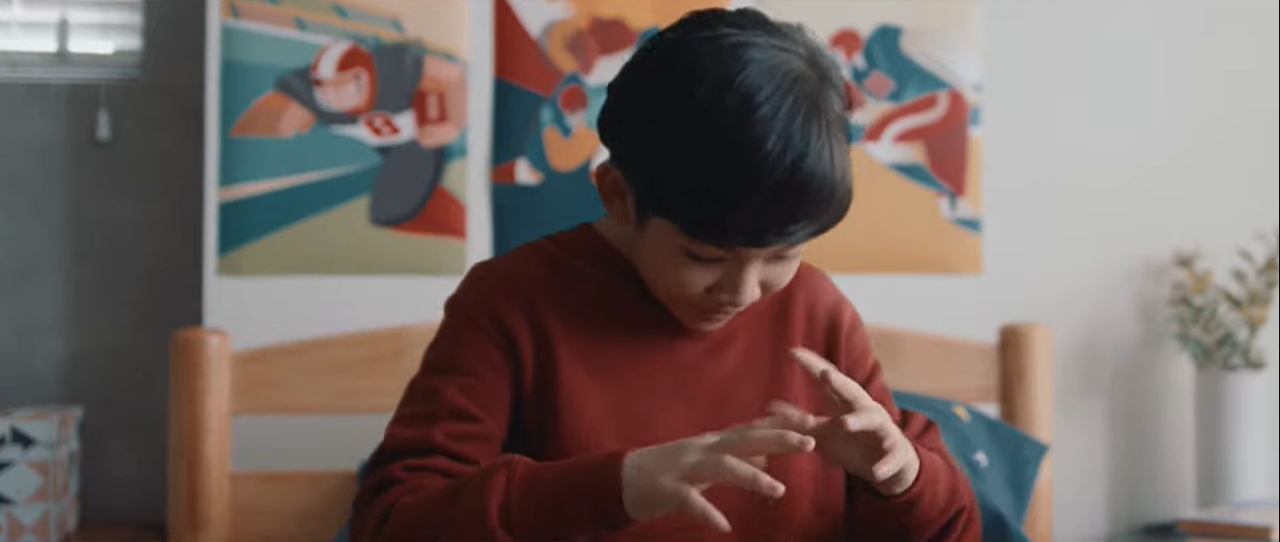
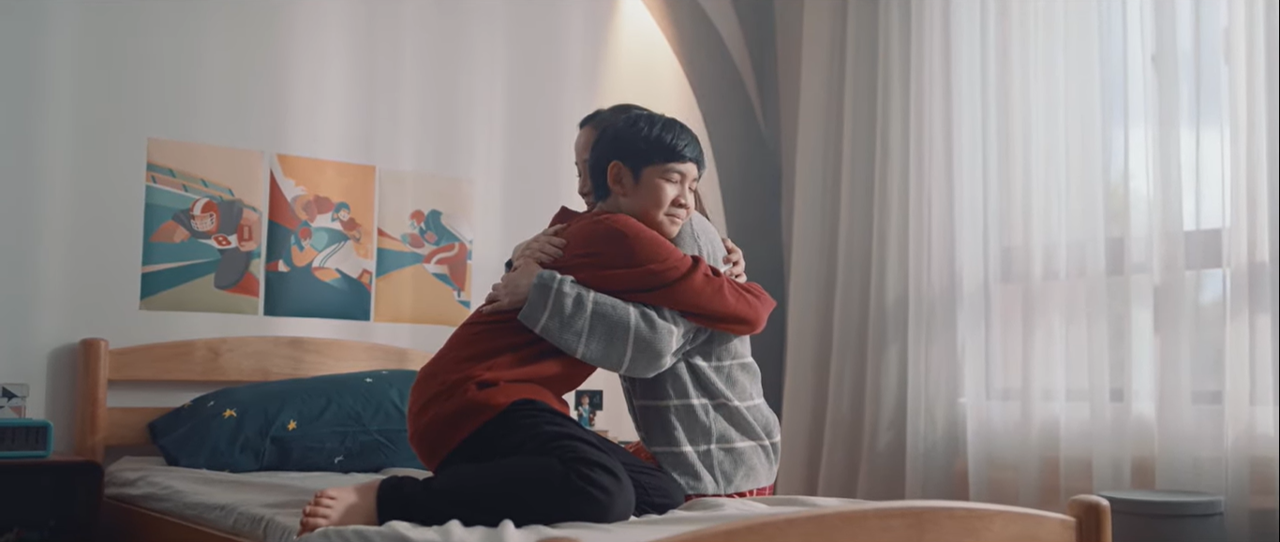
In addition to narrating the importance of shedding light into the struggles of children during difficult moments of their lives, the short film also serves a crucial lesson for parents and caregivers in understanding the need of effective and efficient intervention to support them in their time of need.
Through the portrayal of Tim’s mother as a compassionate listener to his struggles as he pours his feelings of unhappiness, audience are shown a parent’s soft and empathetic approach in helping their child navigate their emotions in a manner of respect and kindness that does not question nor deny their need for emotional support.
Tim’s mother consoled him with words of encouragement, shifting Tim from a mindset of despair and hopelessness to emphasising all the great efforts Tim has done not only for himself, but for his family and friends.
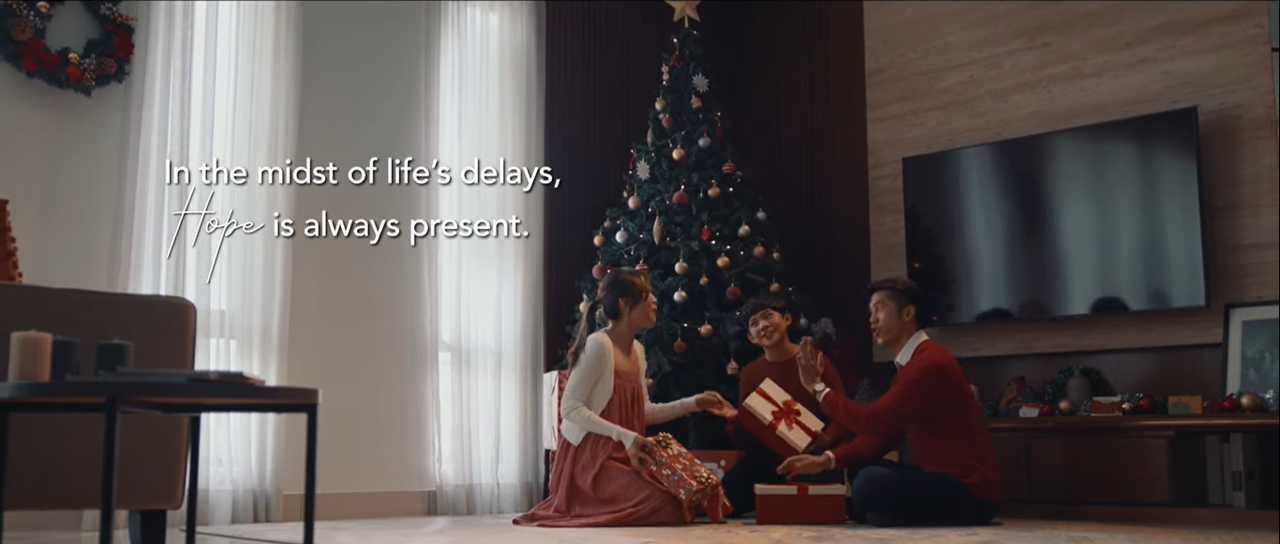
“Studies have shown that the use of encouraging words and affirmations would not only help children boost their self-esteem, but also helping them in developing their imagination and creativity that will influence their motivations later on. The following scenes show Tim’s mother recounting all the things Tim has done and praising him for his efforts in making everyone’s lives better during the pandemic,” Foo further explained.
Towards the end, Tim realises that he has returned to his normal size – again emphasising the use of visual exaggeration to depict his emotions, from feeling inconsequential to now feeling enlightened and hopeful from his mother’s words of wisdom. The ad then closes with Tim and his family celebrating Christmas together in the living room.

MARKETING Magazine is not responsible for the content of external sites.









